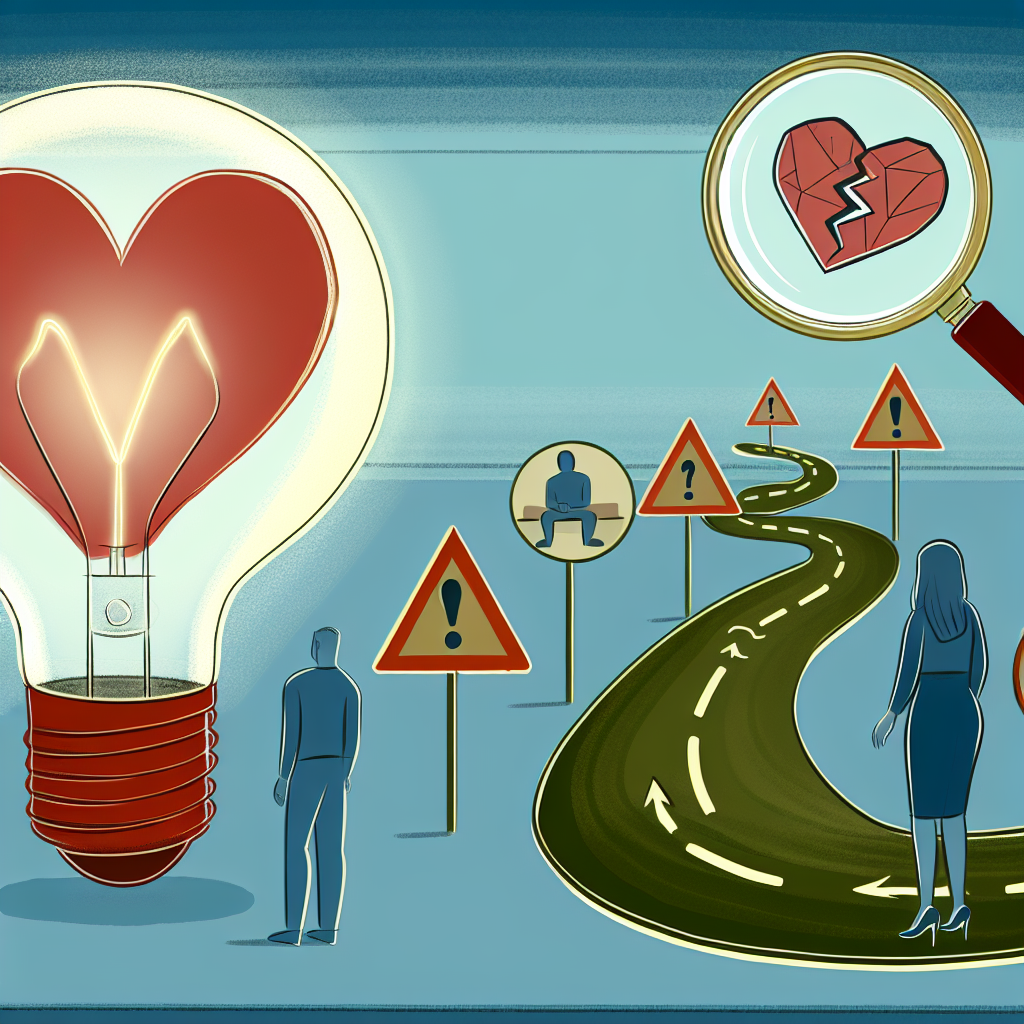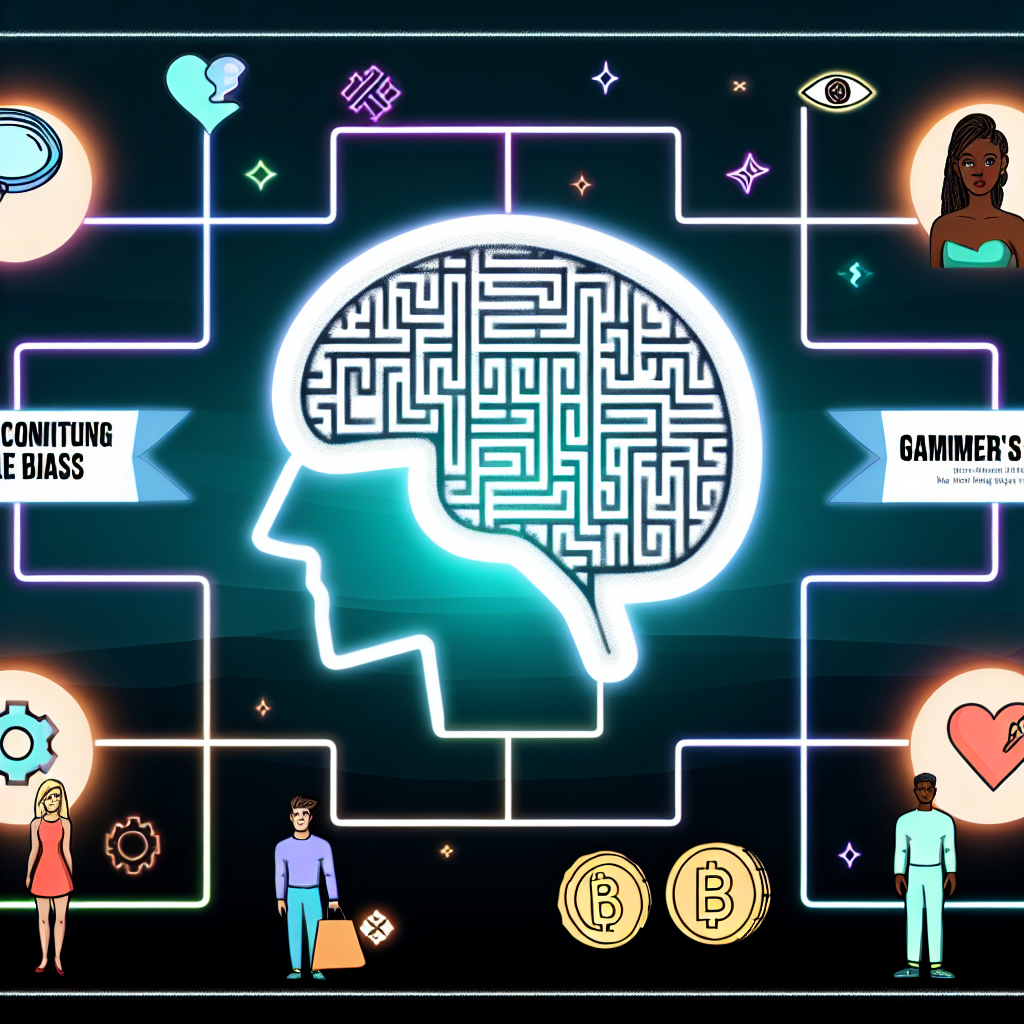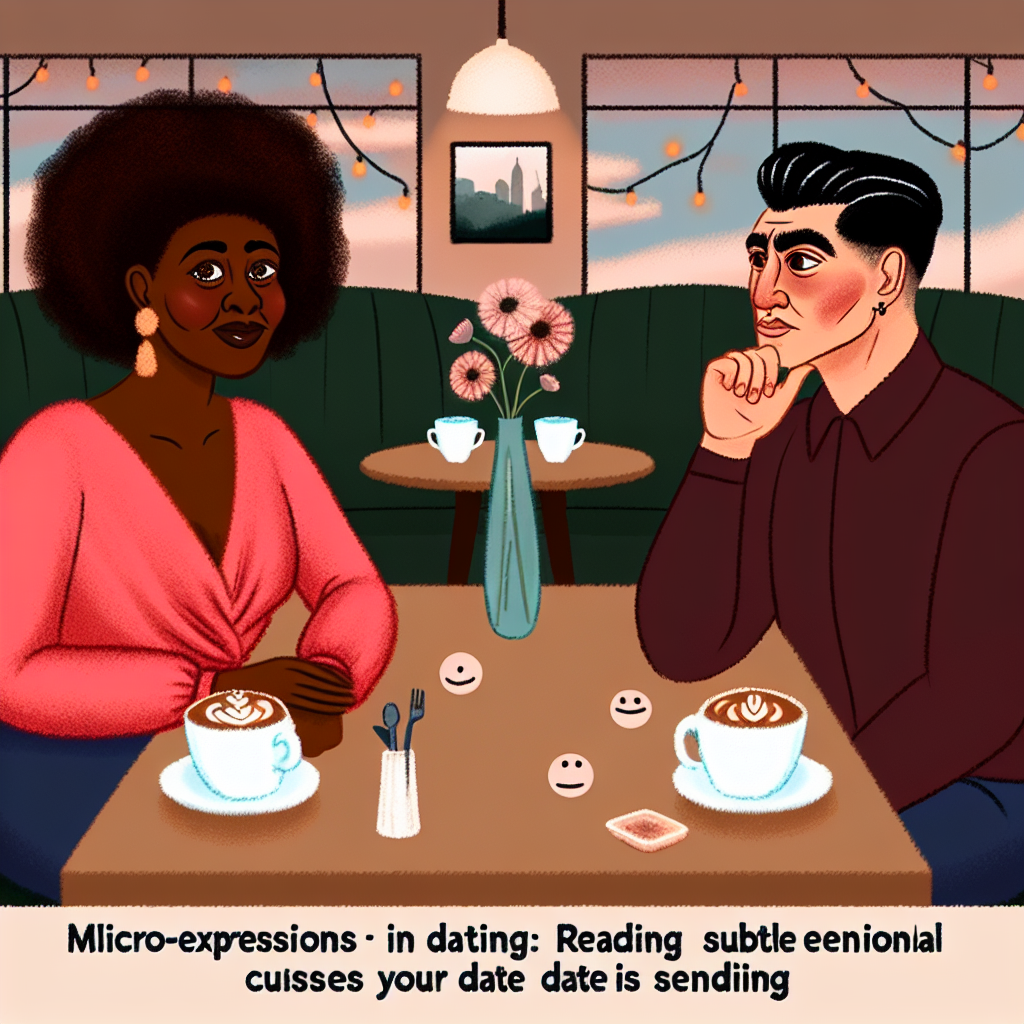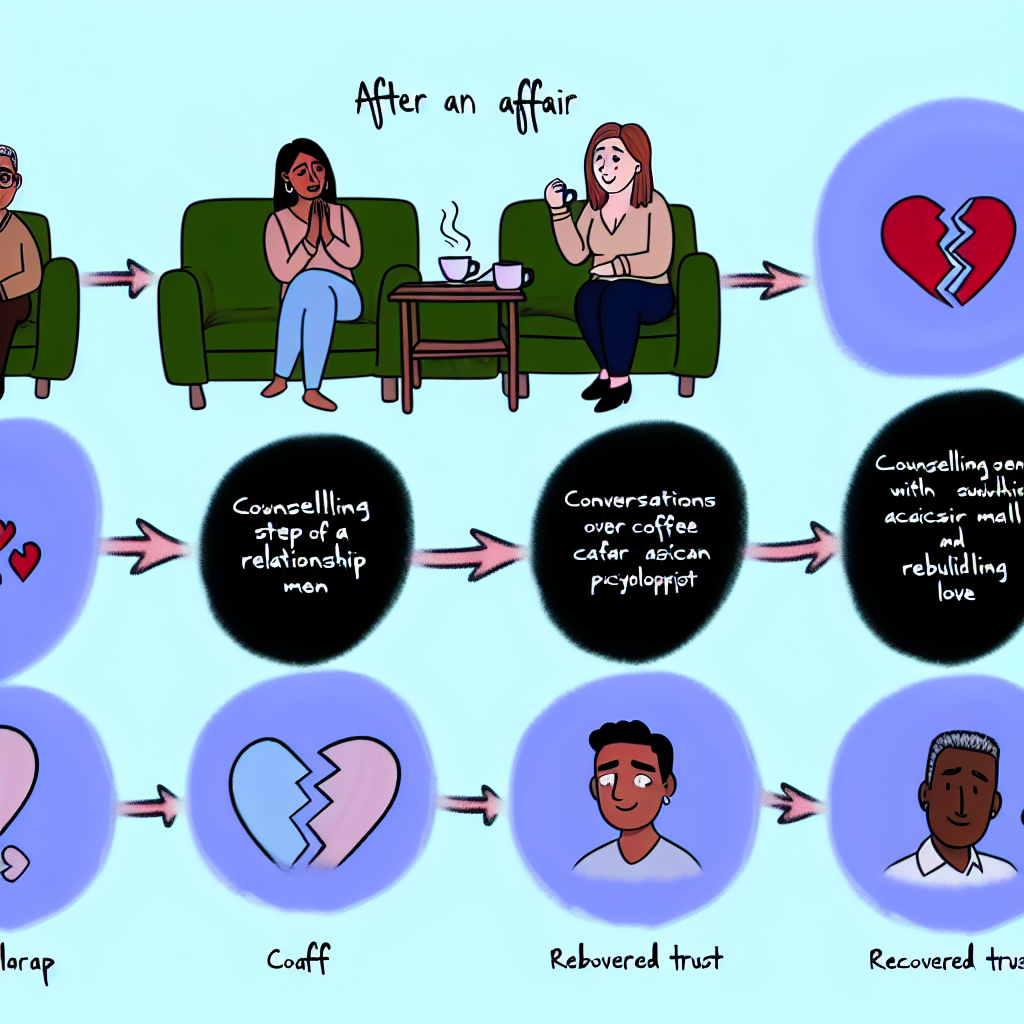# Signs You Need a Relationship Coach: 12 Warning Indicators
Why Love Isn’t Always Easy—And How a Coach Can Help
Love and romantic relationships can bring out both the best and worst in us. They are deeply rewarding but also complex and emotionally intense. Whether you’re in the early stages of dating or navigating a long-term partnership, maintaining a healthy relationship can be difficult. And while books, podcasts, and advice from friends may provide helpful insights, sometimes they fall short. That’s where a relationship coach can make a significant difference.
Relationship coaching is not just for couples on the verge of breaking up. In fact, singles seeking a meaningful romantic connection, those recovering from past heartbreaks, or individuals wanting to improve their emotional intelligence can all benefit from the guidance of a professional. A relationship coach acts much like a personal trainer for your love life—they help uncover patterns, set goals, improve communication, and build the foundations of fulfilling relationships.
One common misconception is that needing outside help implies failure. On the contrary, enlisting a relationship coach demonstrates a proactive and mature commitment to growth and empowerment in your romantic life. Many highly successful individuals regularly employ coaches to improve various aspects of their lives—why wouldn’t you do the same for something as vital as your relationships?
In today’s dating culture, marked by swiping fatigue, ghosting, and uncertainty, it’s more important than ever to understand oneself and one’s relational patterns. Modern dating introduces unique challenges such as digital communication pitfalls, social media comparisons, and unrealistic expectations, which a coach can help navigate.
The desire for authentic connections is universal—from people in their 20s learning to date for the first time, to those in midlife seeking second chances, and even individuals in later years wanting companionship.
12 Red Flags That Signal It’s Time for a Relationship Coach
1. You Keep Attracting the Wrong Partners
You notice a recurring pattern of dating emotionally unavailable, toxic, or incompatible partners. A coach can help identify subconscious biases and reset your attraction radar.
2. You’re Always Getting Ghosted or Rejected
Frequent rejection may not be an accident. A coach can evaluate your communication style and body language and optimize your dating approach.
3. Dating Feels Overwhelming or Anxiety-Inducing
When dating starts to feel more like a chore than a potential joy, a relationship expert can help process fears and build confidence.
4. You’re Afraid to Be Vulnerable
If vulnerability feels too risky, coaching helps build emotional safety and resilience so that authentic connection becomes possible.
5. You Self-Sabotage When Things Go Well
Sabotaging healthy relationships is usually a fear-based response rooted in past trauma. A coach can help you uncover and manage these behaviors.
6. Sexual or Emotional Intimacy Is Difficult
Whether you’re dating or in a relationship, a coach trained in intimacy can support you in safely building trust and connection.
7. You Struggle With Boundaries
Trouble saying “no” or overgiving to partners are indicators of poor boundaries. Coaching builds your ability to assert and protect personal needs.
8. You Have Unresolved Past Trauma
While therapy is necessary for deep psychological trauma, coaching complements healing by proposing action-oriented relationship strategies.
9. Your Dating App Experience Feels Futile
If swiping left and right yields no real results, a coach can revamp your dating profile, choices, and messaging techniques.
10. You Stay in Unfulfilling Relationships Too Long
Many people fear starting over. A coach can help muster the courage, set new standards, and reinforce self-worth.
11. You’ve Just Gone Through a Breakup or Divorce
Post-breakup, a coach can guide you through heartbreak recovery and intentional dating, helping you reset with clarity and confidence.
12. You’re Not Sure What You Want in a Partner
A coach can assess your needs, values, and goals, helping you define what a truly compatible relationship looks like.
The Science Behind Relationship Coaching: Why It Really Works
Relationship coaching, while not a substitute for therapy, has been validated in numerous studies as a useful tool for improving interpersonal outcomes. According to the International Coach Federation (ICF), 80% of people who receive coaching report improved self-confidence, and over 70% see improvements in communication, work performance, and relationships.
From a psychological perspective, the attachment theory developed by John Bowlby and later expanded by Dr. Mary Ainsworth provides a solid foundation for coaching strategies. This theory suggests that early life experiences shape adult relationship behaviors, including how individuals form bonds, express affection, or handle conflict. Coaches are trained to recognize attachment styles—such as anxious, avoidant, or secure—and use these frameworks to guide clients into developing healthier relationship skills.
Additionally, research published in the journal Personal Relationships outlines how emotional intelligence (EQ) plays a vital role in relationship satisfaction. Individuals with high EQ are better at recognizing their own emotions and those of others, which aids in navigating love more effectively. A relationship coach can aid in developing emotional intelligence by teaching empathy, active listening, and conflict resolution skills.
Dr. Terri Orbuch, author of 5 Simple Steps to Take Your Marriage from Good to Great, emphasizes the effectiveness of structured relationship interventions. Her studies at the University of Michigan found that intentional behavior change models, such as those used by coaches, lead to increased long-term satisfaction in relationships.
Coaching also aligns with cognitive-behavioral methods, targeting maladaptive thinking and promoting healthy behavioral changes in dating and love. These are applicable whether you’re 25 or 75, as cognitive patterns influence relationships throughout the lifespan.
Ready to Transform Your Love Life?
Whether you’re newly single, back in the dating scene after years, or simply tired of the same emotional traps, a relationship coach could be your secret weapon. Recognizing the warning indicators is the first step toward transformation. With the right support, you can break old patterns, attract the love you deserve, and cultivate sustainable, meaningful intimacy.
Love is a journey—why not have an expert guide by your side?
## Concise Summary
Relationship coaching can be a game-changer for those struggling with romantic relationships. From attracting the wrong partners to fear of vulnerability, a relationship coach can help uncover patterns, build emotional intelligence, and guide you towards healthier, more fulfilling connections. The science behind coaching, rooted in attachment theory and emotional intelligence, demonstrates its effectiveness in improving communication, self-confidence, and long-term relationship satisfaction.
## References
– [International Coach Federation](https://coachfederation.org/)
– Orbuch, T. L. (2009). *5 Simple Steps to Take Your Marriage from Good to Great*. Delacorte Press.
– [Journal of Personal Relationships](https://onlinelibrary.wiley.com/journal/14756811)
– [Attachment Theory – Simply Psychology](https://www.simplypsychology.org/attachment.html)

Dominic E. is a passionate filmmaker navigating the exciting intersection of art and science. By day, he delves into the complexities of the human body as a full-time medical writer, meticulously translating intricate medical concepts into accessible and engaging narratives. By night, he explores the boundless realm of cinematic storytelling, crafting narratives that evoke emotion and challenge perspectives. Film Student and Full-time Medical Writer for ContentVendor.com




